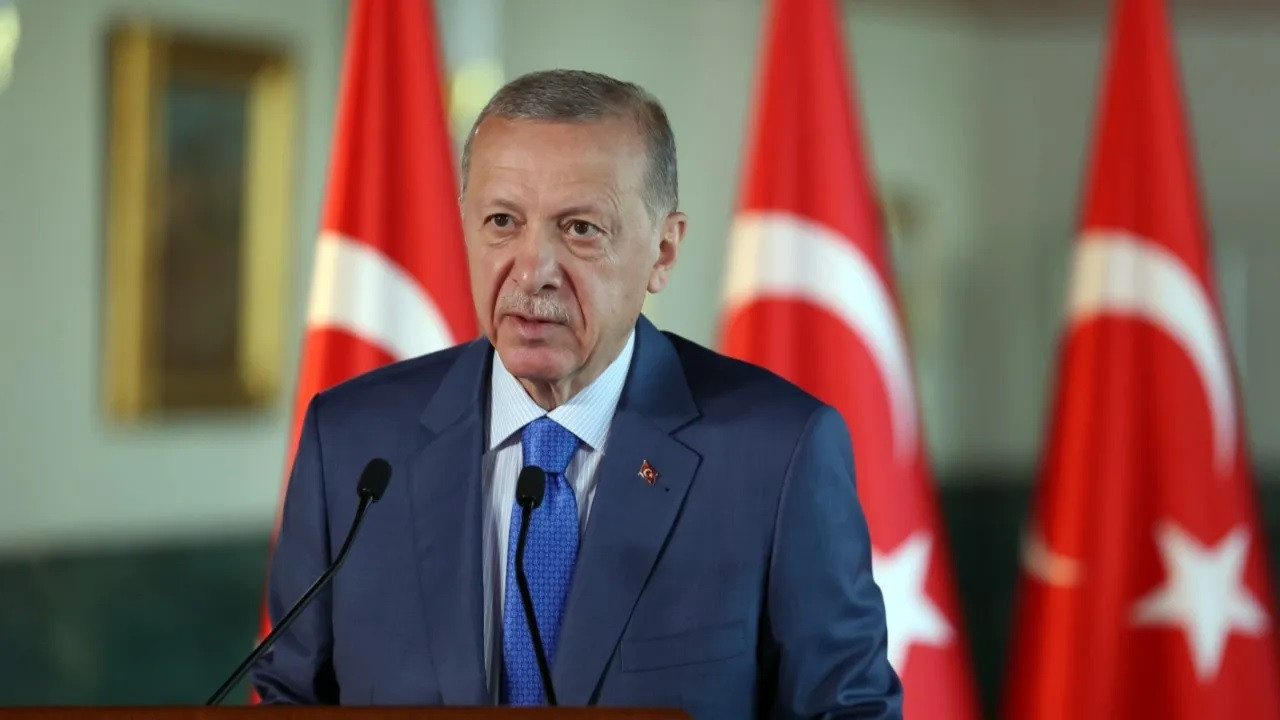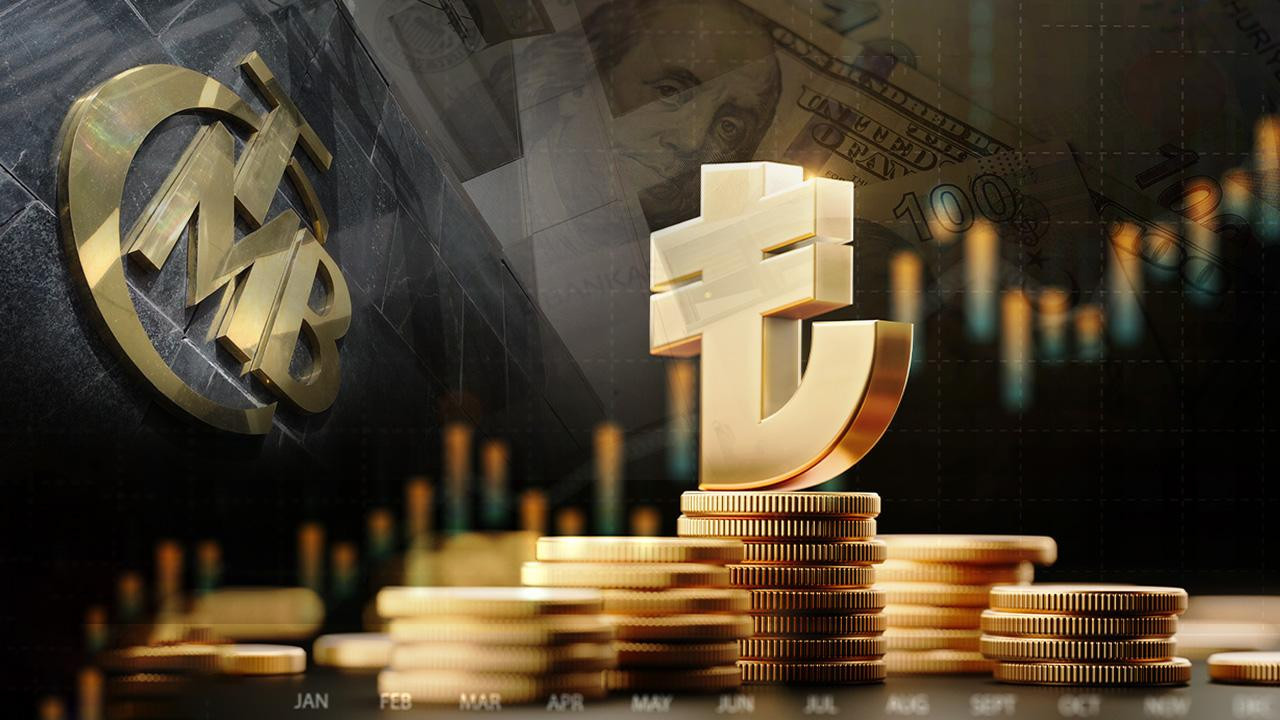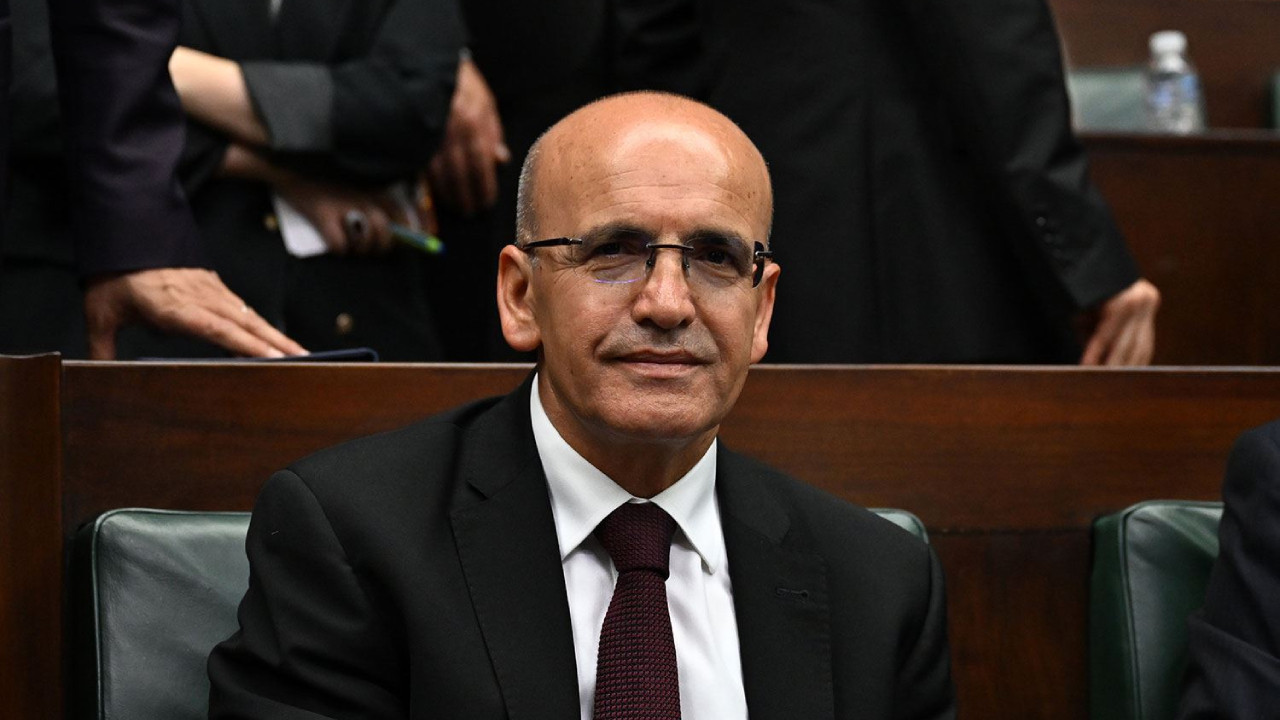Turkey unveils medium-term economic program, increasing inflation forecasts
Turkish President Recep Tayyip Erdoğan and Vice President Cevdet Yılmaz have presented "medium-term program" which includes macroeconomic targets such as inflation, employment and growth for the 2024-2026 period.
Reuters - Duvar English
Turkey jacked up its inflation forecasts and cut those of economic growth on Sept. 6, as President Recep Tayyip Erdoğan appeared to endorse the big interest rate hikes that are driving a turnaround toward more orthodox policies.
Since the policy U-turn began in June, analysts have applauded what they said was a more realistic effort to address years of soaring inflation, but cautioned that the short-term economic pain could test Erdoğan's patience.
The government said it sees annual inflation rising to 65% by year end before dipping to 33% next year, up from 24.9% and 13.8% respectively in forecasts it published a year ago.
It trimmed GDP growth forecasts to 4.4% this year and 4% next year - which is still higher than most economists expect - from 5% and 5.5% previously. The current account deficit is expected to be $42.5 billion in 2023 and $34.7 billion in 2024.
The forecast in Ankara's annual "medium-term program" is seen as a milestone in a broader policy U-turn that began in June when Erdoğan named a new cabinet and central bank chief.
The central bank has since aggressively hiked rates to 25% from 8.5%.
"With the support of tight monetary policy, we will bring down inflation to single digits again and improve the current account balance," Erdoğan said in presenting the programme.
"We will definitely not compromise on economic growth during the period of this programme," he said.
The comment marks a rhetorical pivot for Erdoğan, who for years had openly opposed high rates on the unorthodox grounds that they stoke inflation, and who once described himself as an "enemy" of interest rates.
But after his May re-election, Erdoğan - faced with deep economic strains and badly depleted forex reserves - named Finance Minister Mehmet Şimşek and Central Bank Governor Hafize Gaye Erkan to start hiking rates and begin freeing up credit and forex markets.
The lira has since shed 25% and, largely due to this depreciation, annual inflation jumped to near 59% last month.
The programme's GDP forecasts imply Ankara predicts the lira will trade on average around 23.9 this year and 36.8 next year.
Vice President Cevdet Yılmaz also made a presentation, saying they "will heal the wounds of the earthquake disaster in this 3-year period. We will implement investments that will reduce the risks related to future disasters. Our second main goal is to ensure macroeconomic and financial stability and to achieve single-digit inflation in the medium term."
Local elections are approaching
The economy is expected to slow through year-end - and ahead of nationwide municipal elections set for March next year - as stimulus tied to the May elections fades and as the 1,650 basis-points in rate hikes start to weigh.
A Reuters poll last month showed expectations of 2.9% full-year growth, lower than trend in the emerging market economy that seeks to reverse a years-long exodus of foreign investors.
With Erdoğan's ruling Justice and Development Party (AKP) seeking to reclaim big cities Istanbul and Ankara from the opposition in the March vote, some analysts say higher inflation and unemployment and lower growth could test the president's patience with the U-turn.
Erdoğan has fired four central bank governors in four years. His past push to slash rates despite rising prices led to a historic currency crash in late 2021 and sent inflation to a peak above 85% last year.

 Erdoğan on rising cost of living: 'The problem is not economic but psychological'Politics
Erdoğan on rising cost of living: 'The problem is not economic but psychological'Politics In an unusual move, gov't-run TÜİK reports monthly inflation figure higher than independent academic group ENAGEconomy
In an unusual move, gov't-run TÜİK reports monthly inflation figure higher than independent academic group ENAGEconomy Turkish Central Bank raises interest rate from 17.5 to 25 pctEconomy
Turkish Central Bank raises interest rate from 17.5 to 25 pctEconomy Foreign investors consider returning after Turkey's major interest rate hikeEconomy
Foreign investors consider returning after Turkey's major interest rate hikeEconomy Turkish Finance Minister Şimşek reportedly signals 2026 for economic recoveryEconomy
Turkish Finance Minister Şimşek reportedly signals 2026 for economic recoveryEconomy